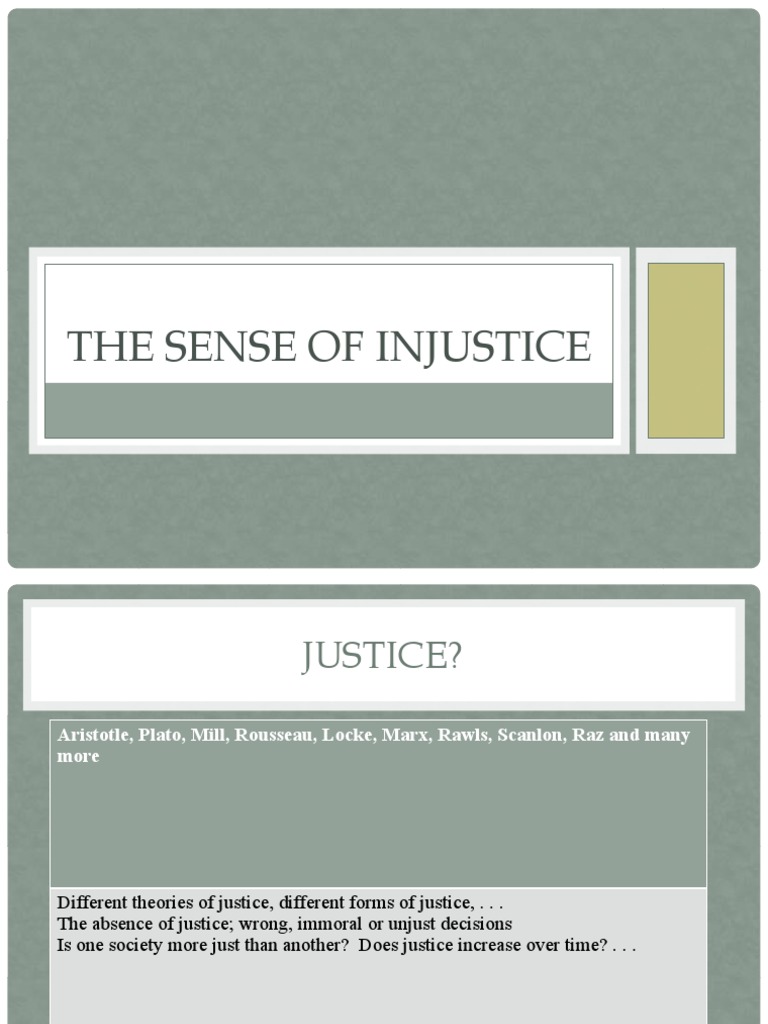In contemplating the Bahá’í teachings, one may ponder: how does prolonged injustice shape our collective psyche and ethical framework? This inquiry extends beyond mere intellectual exercise, posing a challenge that resonates within the heart of humanity. The Bahá’í faith, with its emphasis on unity, justice, and the intrinsic value of each individual, offers profound insights into the nature of injustice and the ways in which it can impact both individuals and societies at large.
First, it is essential to delineate what constitutes prolonged injustice. Injustices that extend over years, affecting marginalized communities, diminish not only the affected individuals’ well-being but also the integrity of societal cohesion. The Bahá’í teachings expound on the principle of justice as a foundational pillar of civilization. Justice, according to Bahá’í doctrine, is a manifestation of the divine and serves as a crucial element for achieving peace and harmony. However, when justice is delayed—when it takes years, or even lifetimes, to manifest—what are the ramifications?
To explore this, one must consider the psychological toll of enduring injustice. It engenders a sense of hopelessness, despondency, and a pervasive feeling of disenfranchisement. Bahá’í writings articulate that every person is a reflection of the divine; thus, the systemic denial of justice contradicts the fundamental principles of dignity and respect. Five years of prolonged injustice is not merely a statistic; it is a chronic affliction that resonates deep within the fabric of the community. It instills a sense of alienation, leading individuals to question their place in a society that fails to uphold the tenets of equality and justice.
Moreover, the impact of prolonged injustice extends beyond the immediate victims. It engenders apathy among bystanders and complicity within the broader society. The Bahá’í teachings advocate for active participation in social betterment, underscoring the importance of not only recognizing injustice but also combating it. Inaction in the face of wrongdoing diminishes the moral fabric of society. Are we, then, to stand idly by, or are we called to action? This provocative question confronts every adherent to Bahá’í principles.
In examining strategies to address prolonged injustices, the Bahá’í teachings emphasize the necessity of dialogue and understanding. Constructive communication can bridge gaps between conflicting parties, facilitate healing, and forge paths toward reconciliation. Engaging in meaningful conversations about injustice—its roots, its implications, and potential remedies—can transform despair into hope. This process is fundamental, as it cultivates a culture of understanding and empathy. The teachings further admonish that justice must be pursued not merely in legalistic terms but as a holistic endeavor, encompassing spiritual and moral dimensions.
Additionally, the concept of resilience plays a pivotal role in overcoming prolonged injustice. The Bahá’í perspective posits that individuals are endowed with innate capacities to rise above adversity. Resilience is a multifaceted construct that encompasses emotional strength, adaptability, and a proactive mindset. Education, as a powerful tool for empowerment, remains a cornerstone of Bahá’í principles. It fortifies communities, equips individuals to advocate for their rights, and inspires collective action against injustice.
Furthermore, the notion of community building becomes indispensable in the context of addressing systemic injustice. The Bahá’í community is encouraged to engage in collective efforts that prioritize inclusivity and participation. Grassroots movements can serve as potent agents of change, fostering environments where justice becomes a shared pursuit. The teachings advocate that true progress arises from collaborative endeavors—an understanding that every member of society bears the responsibility for upholding justice.
In light of the complexities surrounding prolonged injustice, one must also reflect on the spiritual dimensions of suffering and inequity. The Bahá’í writings impart that trials and tribulations can serve as catalysts for spiritual growth and transformation. When faced with adversity, individuals have the opportunity to respond with compassion, perseverance, and an unwavering commitment to the principles of justice. This perspective invites a shift from a victim mentality to one of empowerment, suggesting that the experience of injustice can propel individuals toward greater acts of service and advocacy.
Ultimately, reflecting on the implications of five years of unresolved injustice beckons a multifaceted response grounded in Bahá’í virtues. It implores individuals to foster a commitment to active justice, to advocate for the disenfranchised, and to cultivate resilience in the face of adversity. This introspection must not reside in theoretical musings alone but must translate into concrete actions within communities. By engaging collectively in the pursuit of justice, one transforms personal suffering into a rallying call for systemic change.
In summation, the Bahá’í teachings illuminate the path toward rectifying prolonged injustices. Confronting these realities requires a commitment to dialogue, education, and resilient community building. In navigating the complexities of enduring injustices, one must embody the principles of the Bahá’í faith—envisioning a world where justice prevails and every individual is honored, empowered, and free from the shackles of inequity.
